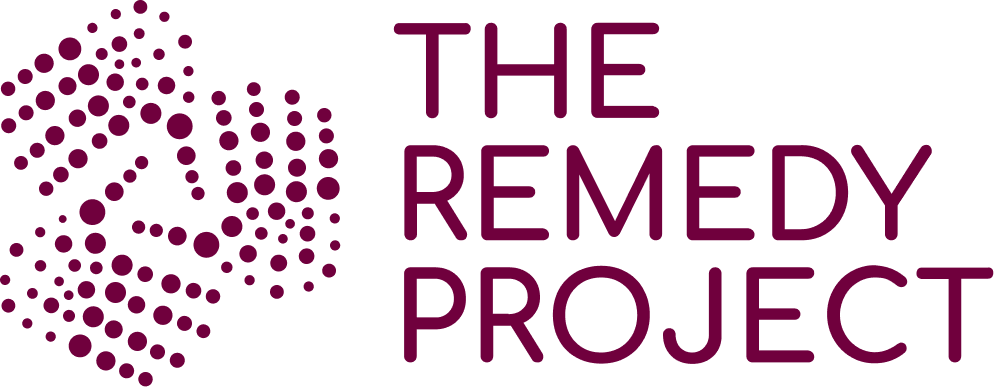Emerging Role of Financial Institutions in Human Rights Due Diligence Landscape
Consider this scenario: A bank provides financing to a client for an infrastructure project that entails clear risks of forced displacements. To what extent is the bank responsible where displacements did occur? While the United Nation Guiding Principles on Business and Human Rights require businesses to conduct human rights due diligence (HRDD) process to identify, prevent, mitigate and account for how they address their impacts on human rights, it still begs the question of what the bank’s obligations entail given its role as a financier and creditor.
If the bank knew or should have known that risks of displacement were present, yet it took no steps to seek to get its client to prevent or mitigate them, the bank would be considered as having facilitated, and thus contributed to, the displacements, as clarified by the Office of the United Nations High Commissioner for Human Rights.[1] In this light, an important precedent was set in 2020, when the ANZ bank agreed to compensate more than 1000 Cambodian families that were forcibly displaced by a sugar company ANZ financed, after complaint was first filed to the Australian National Contact Point for Responsible Business Conduct in 2014. ANZ admitted that it failed to conduct proper due diligence on the project before making the US$40 million loan to the company.[2]
Pushes for the Financial Sector to Strengthen Due Diligence
A paradigm shift is underway, as we see emerging HRDD laws under which soft law standards are translated into hard law requirements, such as the European Union Corporate Sustainability Due Diligence Directive (CSDDD), which recently came into force. Although it exempts obligations for financial institutions to carry out due diligence in their downstream chain of activities, in practice, they could be required to conduct due diligence by their business counterparties which fall within the scope of CSDDD to perform mandated due diligence on them. It is also noted that the European Commission would report within two years on whether to extend financial institutions’ due diligence obligations.
The above are among pushes for the financial sector to strengthen due diligence in its lending and investment practices, which could have far-reaching environmental and human rights impacts weighing on billions of people’s lives, especially in relation to agribusiness. In ASEAN, banks are urged to integrate sustainability standards and regulations across business operations; develop sector-specific policies for industries associated with significant environmental and social risks, particularly in food and agriculture; as well as establish grievance mechanisms to enable access to remedy by those who are impacted by their financing and investments.[3] ASEAN also has a set of guidelines for promoting responsible investment in food, agriculture and forestry, known as the ASEAN RAI, to guide how private investors and governments can ensure investments in the ASEAN Member States are socially, economically, and environmentally sustainable and inclusive.
Role of Banks in Driving Business and Human Rights Changes
Amidst complexities in business and human rights under economic volatility and changing regulatory environment, banks should be ready to acknowledge their corporate responsibility to respect human rights by committing to international standards, and their unique position in leading transformative change in this space. The impetus for conducting HRDD is far beyond managing financial, legal and reputational risks, and compliance with reporting requirements and applicable laws, which are nonetheless important incentives. The financial sector can become the driving force to enable social and economic equity, as well as promote labour and human rights safeguards, by leveraging its lending power to influence businesses across industries and countries. Particularly, in Asia, given the the existing lag of regional legal requirements as compared to the international standards, banks have a key role to play in bridging the gap, with their extensive footprint and stronger leverage through financing cross-border investments.
To this end, a cross-functional approach should be adopted to implement human rights-compliant strategy as part of the bank’s day-to-day operations, by reevaluating its know-your-client and client due diligence processes, finance contracting and documentation, risk management and sustainability reporting. Beyond having a statement of policy on human rights, banks should have effective procedures and protocols in place, as well as robust risk assessment to identify high-risk sectors and relationships where enhanced due diligence and investigation may be warranted. Proactive and ongoing engagement with their clients can also allow better visibility and enable collaboration to address human rights risks in the banks’ downstream chain of activities.
Banks could be making a major step in yet a long journey of building a human rights-based approach towards corporate social responsibility. It is an intricate risk identification and management exercise that requires balancing between being competitive and taking due care and attention in business operations, so as not to cause or contribute to adverse impact on human rights and environment. With systems in place to actively identify and address potential human rights risks they may cause or contribute, banks would not only be better equipped to react to the evolving regulatory developments in the business and human rights landscape. More importantly, by setting standards and using their leverage to drive actions with business counterparts, banks could be realising their potential as the backbone of our economy and social development to improve the livelihoods of people.
References:
